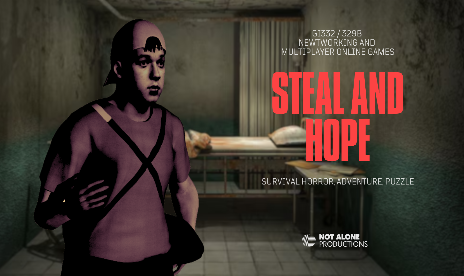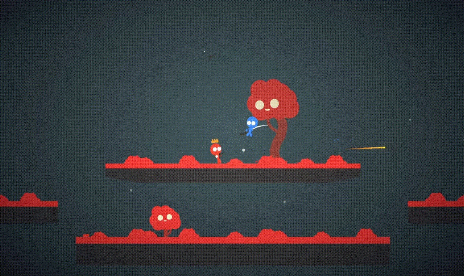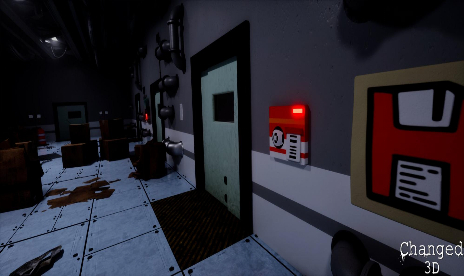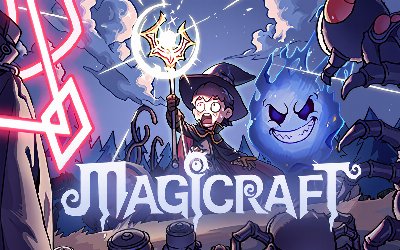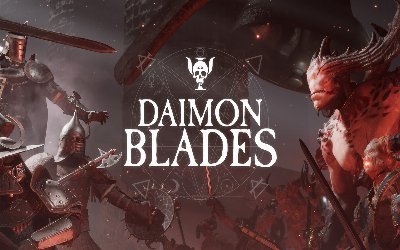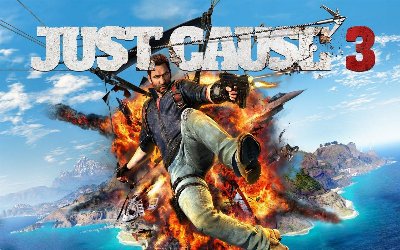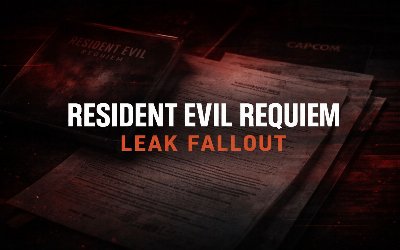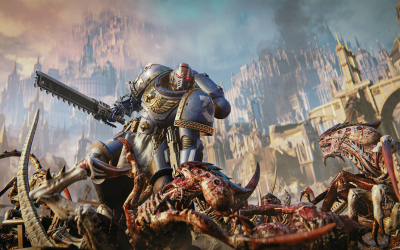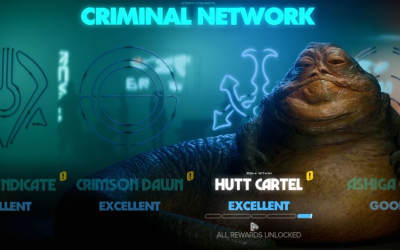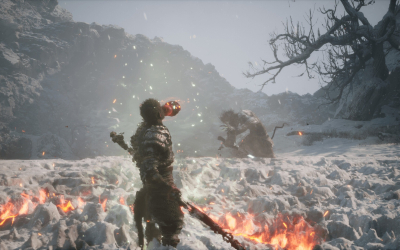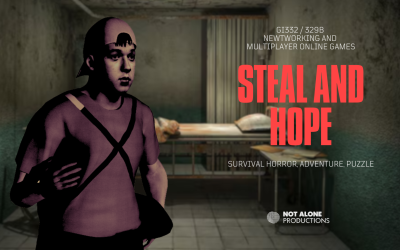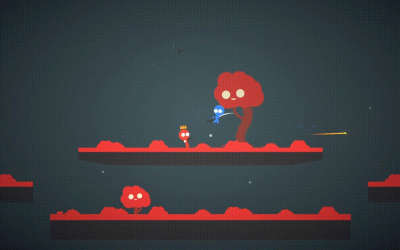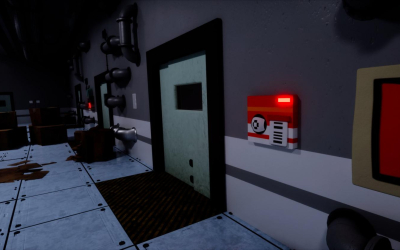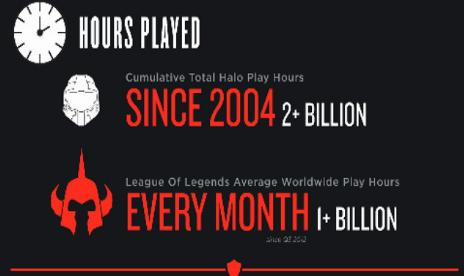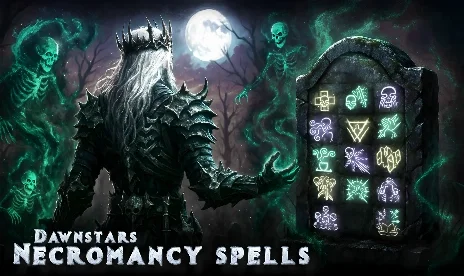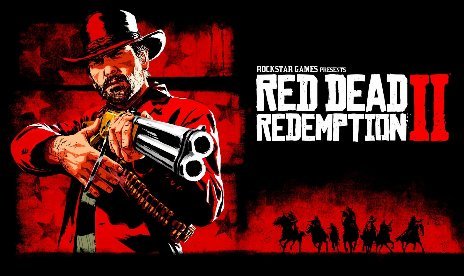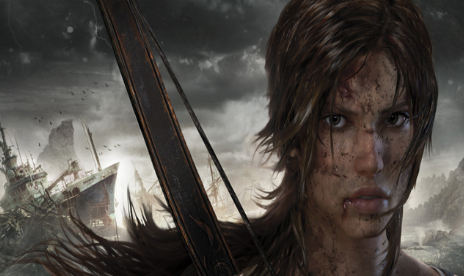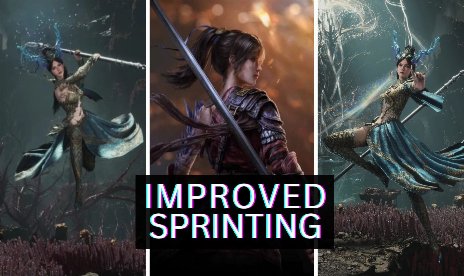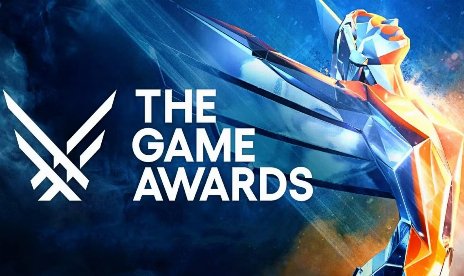EA: Making Friends Through Legal Action
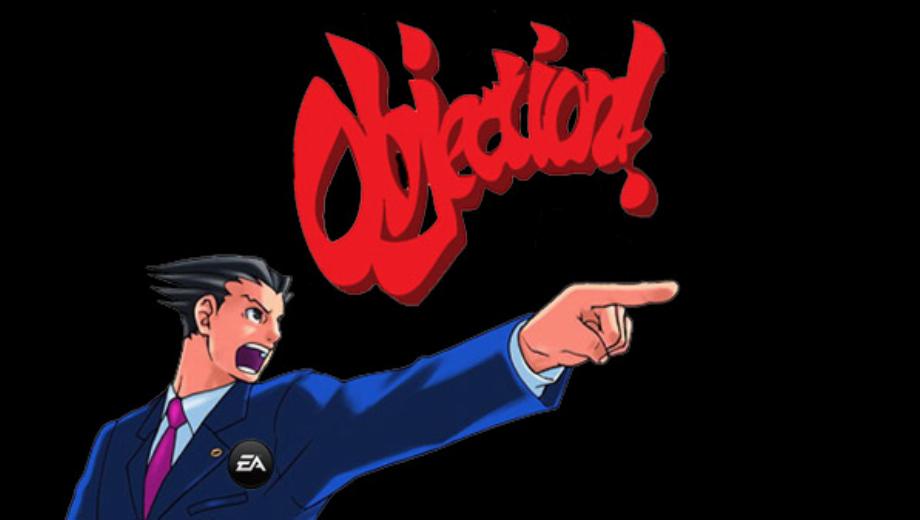
As one of the biggest companies in its field, EA games is going to receive it’s fair share of unwarranted hate. “Haters gonna’ hate” as they say. However Electronic Arts has been hit with a lot of it in the past decade or so, most of it claiming that the company releases the same sports titles every year with only minor tweaks, pumps out sequels with little merit, releases buggy games without enough testing, uses irritating DRM and perhaps the most despised: buys up companies and then ruins their franchises.
Some of these points could be argued over, some are more concrete, but what’s really interesting about EA’s situation recently, is that it’s begun to turn some people around. Not because some new game has wowed audiences, or suddenly the customer service at the company has vastly improved, but because of legal action.
On behalf of Sims maker Maxis, EA recently announced its intention to sue Facebook game maker Zynga for breaching copyright with the creation of its Ville title. EA claims that animations, artwork, user interface and more were copied from Sims Social, a game EA and Maxis released on Facebook in August last year.
Usually lawsuits behind billion dollar corporations don’t drum up that much interest – beyond people rolling their eyes as they wonder what fees the lawyers are charging – but in this instance it did, because as much as gamers hate EA, they hate Zynga so much more.
Apple is probably wondering why all of its lawsuits don’t generate this kind of love.
On top of being responsible for the massive growth of social gaming – a genre that many would consider about as far from a ‘real’ game as you can get – Zynga is decried by gamers because this isn’t the first time a developer has made claims that they’d been ripped off. In-fact many would say that almost every game Zynga has ever put out was copied from other games released by other companies.
Forbes did a side by side comparison of all the games that people claim Zynga ripped off; it’s astounding. Farmville allegedly came from Farm Town, Mafia Wars from Mob Wars, Cafe World from Restaurant City, Dream Heights from Tiny Tower, Zynga Bingo from Bingo Blitz and so many more.
Borrowing from other titles is considered somewhat common practice in the industry, if it’s not too blatant or heavy. Tower defence are all largely the same and they share a fair few features. First person shooters all have common themes – but in many instances, Zynga does appear to have completely copied games, often doing so after a developer has refused a buyout from the Facebook giant.
In its original statement about the plan to sue Zynga, EA conceded that it was aware of other companies having their copyrights infringed too, suggesting perhaps that it was doing this not just to protect its own copyright but also because someone had to step up. As Maxis general manager, Lucy Bradshaw put it, “we are the studio that has the financial and corporate resources to stand up and do something about it. Infringing a developer’s copyright is not an acceptable practice in game development. By calling Zynga out on this illegal practice, we hope to have a secondary effect of protecting the rights of other creative studios who don’t have the resources to protect themselves.”
At the end of the release, Bradshaw said that while EA was confident it would win, even if it didn’t, a point would have been made that copying other company’s games was a legally expensive thing to do and therefore they might make Zynga think twice in future.
Now this could be mere posturing from EA and Maxis, a method of getting the public and other developers on side before the court case begins, but it could also be the truth.
Zynga’s take on the whole thing has been to claim not innocence, but that what it’s doing and has done is just an industry standard. The company has said before that most social games are simply reinventions of older titles. According to Zynga, Tiny Tower was no more original than Dream Heights, having simply borrowed its principle from Sim Tower, released in 1994.
This neglects the fact that Sim Tower was a full on building management simulation and not a little social building game.
Zynga’s general counsel Reggie Davis commented on EA’s plans for legal action by saying that it was, “unfortunate that EA thought that this was an appropriate response to our game, and clearly demonstrates a lack of understanding of basic copyright principles.”
It seems quite evident, that Zynga has demonstrated a lack of understanding when it comes to developing unique game concepts. It also demonstrated a lack of understanding in terms of pushing around other developers with bullying tactics – you don’t pick on those that can fight back.
EA is certainly a company that can – and the public is loving it.
Some see this as a ‘lesser of two evils situation’, where people hate Zynga just a bit more than EA. An ‘enemy of my enemy is a friend’, sort of thing. Others see it as a super villain turning good, in traditional comic book style.
However you look at it though, this isn’t the first time EA has drawn praise for throwing its legal weight around. Back in 2010 it fought Tim Langdell and his company Edge Games, for the copyright to the word “edge”. Mr Langdell had used the courts several times already to try and enforce the ridiculous ideal that only his firm could reference the ‘edge’ of something in a game’s title. When he came up against EA however, everything didn’t go to plan.
The result? Langdell lost most of his trademarks and EA was praised as cutting the head off of an idiotic snake. It’ll be interesting to see if it can do the same with Zynga.
So what do you guys think? Are EA the good guys here, or simply the slightly less hateful company? Does this sort of action help redeem it for the years of repetitive Fifa games?


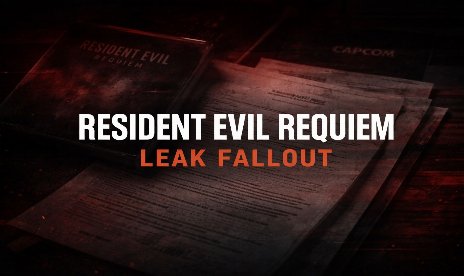
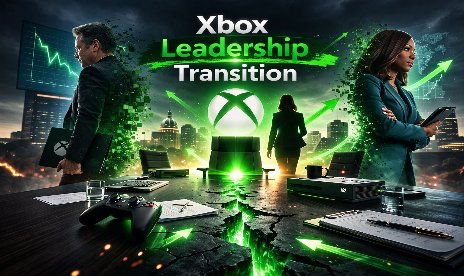
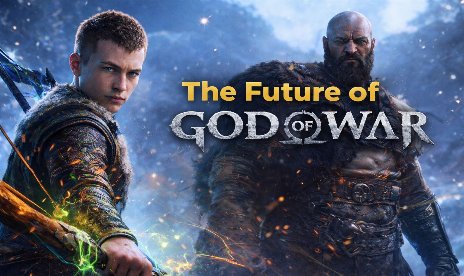
![Magicraft v1.2.15-v1.2.19+ (+13 Trainer) [FLiNG]](https://9588947a.delivery.rocketcdn.me/wp-content/uploads/2026/02/Magicraft-02-464x276.jpeg)
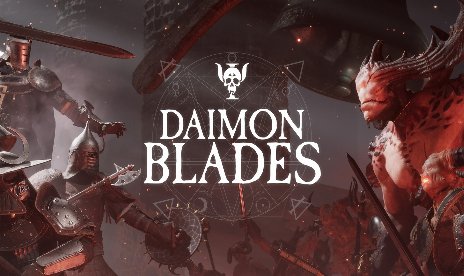
![Just Cause 3 v13012026 (+13 Trainer) [iNvIcTUs oRCuS]](https://9588947a.delivery.rocketcdn.me/wp-content/uploads/2026/01/Just-Cause-3-01-464x276.jpg)



